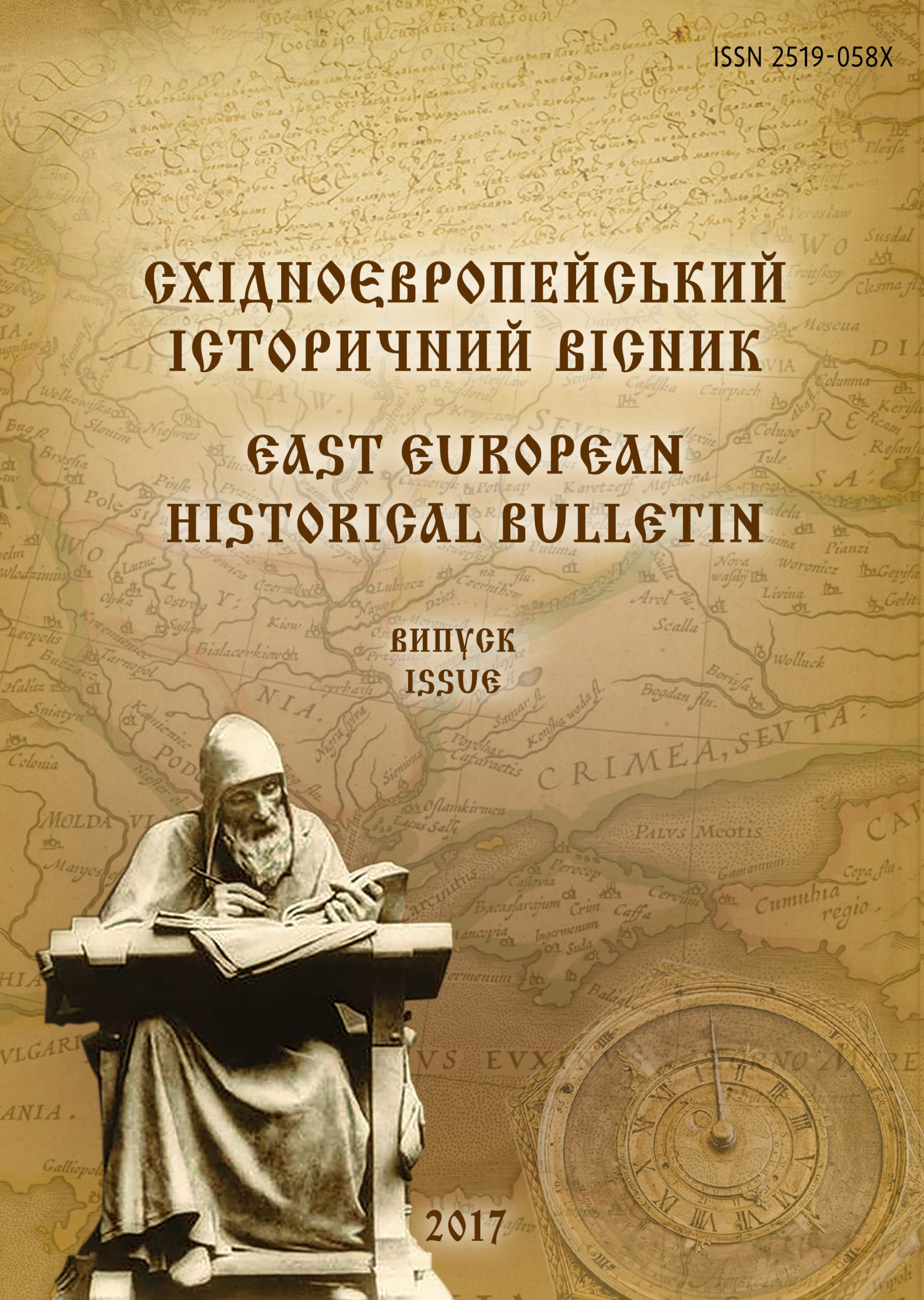The work of the department of domestic and foreign history continues on the second stage of the departmental scientific research "Civilizational challenges in the prism of totalitarian relations: historical discourse" (state registration number 0120U101373).
The results of the scientific work of the doctor of historical sciences, professor V.M. Dokashenko and candidate of historical sciences, associate professor V.V. "The Soviet Trade Unions and Resumption of the Labor Disputes Institution (1953-1964)" circuit.
Against the historical background of trade union activity in the period 1953-1964. (known as the "thaw" period), the authors identified and carried out a scientific study of the political component of the problem of restoring the practice of labor disputes with the determination of the reasons and motives for the growth of power interests in it. The research methodology is based on general historical principles, as well as supplemented and specified by elements of the theory of social and labor relations.
Scientific novelty of the work lies in the fact that for the first time in Ukrainian historiography, in the context of forms and methods characteristic of political history, based on the use of the "thaw era" labor legislation as a historical source in combination with traditional historical sources, an analysis of the process of restoring the institution of labor disputes was carried out. The nature and reasons for the latency of their collective and individual varieties in accordance with the political tasks of the "thaw" are determined.
The starting point for conclusions are the political components of the state form of ownership and planned management of the economy and the command-administrative management system that accompanies it. The post-war revival of the institution of labor disputes, which actually began only in the mid-1950s, was influenced by two opposing trends: the need to change subject-object relations and the need to preserve the dominant form of property and its political attributes. As a result of these mutually exclusive factors, collective disputes actually ended up outside the boundaries of law and became part of big politics. In this regard, the trade unions that took care of these processes deepened the change of function from social protection of workers to protection of the political interests of the state.

